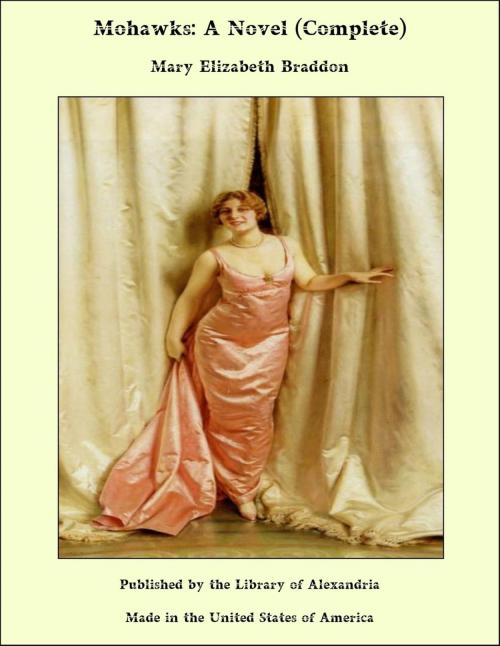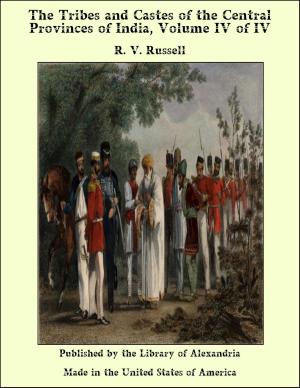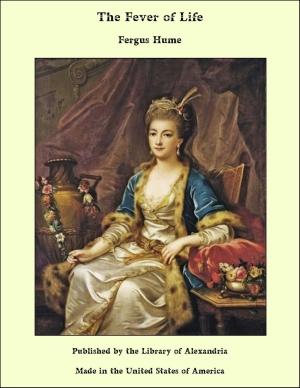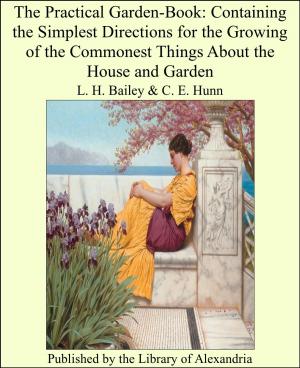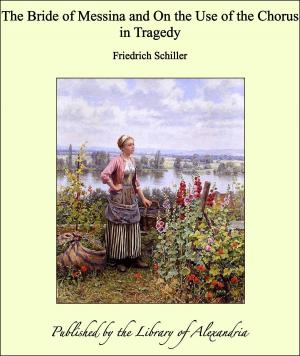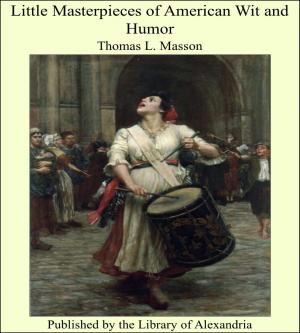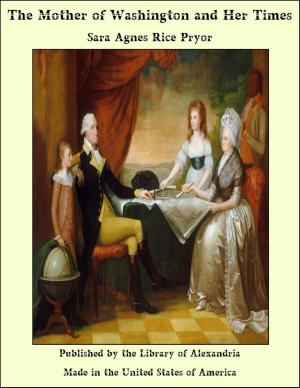Mohawks: A Novel (Complete)
Nonfiction, Religion & Spirituality, New Age, History, Fiction & Literature| Author: | Mary Elizabeth Braddon | ISBN: | 9781465572066 |
| Publisher: | Library of Alexandria | Publication: | March 8, 2015 |
| Imprint: | Language: | English |
| Author: | Mary Elizabeth Braddon |
| ISBN: | 9781465572066 |
| Publisher: | Library of Alexandria |
| Publication: | March 8, 2015 |
| Imprint: | |
| Language: | English |
Nothing? asked the farmer, standing upon a heathery knoll, with his gun under his arm, and his two clever spaniels, Nell and Beauty, crouched dutifully at his feet. "Nothing but this," answered the farmer's man, holding up a bundle of papers—pamphlets and manuscripts—dirty, crumpled, worn as if with much carrying to and fro over the face of the earth. They were tied up in a ragged old cotton handkerchief, and they had been carried in the breast-pocket of yonder wayfarer who lay stark and stiff, with his dead face staring up at the bright blue sky of early morning. A little child, a mere baby, lay asleep beside him, nestling against the arm that would never again shelter or defend her. It was a bright clear morning late in September, just one hundred and seventy-seven years ago, the year of the battle of Malplaquet, and the earth was so much the younger and fairer by all those years—innocent of railroads, speculating builders, gasworks, dust-destructors, sewage-farms, and telephones—a primitive world, almost in the infancy of civilisation as it seems to us, looking back upon those slow-pacing days from this age of improvement, invention, transmutation, and general enlightenment. It was a year for ever memorable in history. The bloody battle of Malplaquet had but just been fought: a deluge of blood had been spilt, and another great victory scored by the allies, at a cost of twenty thousand slain. Brilliant as that victory had been, there were some who felt that Marlborough's glory was waning. He was no longer in the flush and floodtide of popularity. There were those who grudged him his well-won honours, his ducal coronet, and palace at Woodstock. There were those who feared his ambition, lest he should make himself a military dictator, a second Cromwell, or even aspire to the crown. If ever England seemed ripe for an elective monarchy or a republic, it was surely just at this critical period: when widowed, childless Anne was wavering in the choice of her successor, and when poor young Perkin, the sole representative of legitimate royalty, was the chosen subject for every libellous ballad and every obscene caricature of the day.
Nothing? asked the farmer, standing upon a heathery knoll, with his gun under his arm, and his two clever spaniels, Nell and Beauty, crouched dutifully at his feet. "Nothing but this," answered the farmer's man, holding up a bundle of papers—pamphlets and manuscripts—dirty, crumpled, worn as if with much carrying to and fro over the face of the earth. They were tied up in a ragged old cotton handkerchief, and they had been carried in the breast-pocket of yonder wayfarer who lay stark and stiff, with his dead face staring up at the bright blue sky of early morning. A little child, a mere baby, lay asleep beside him, nestling against the arm that would never again shelter or defend her. It was a bright clear morning late in September, just one hundred and seventy-seven years ago, the year of the battle of Malplaquet, and the earth was so much the younger and fairer by all those years—innocent of railroads, speculating builders, gasworks, dust-destructors, sewage-farms, and telephones—a primitive world, almost in the infancy of civilisation as it seems to us, looking back upon those slow-pacing days from this age of improvement, invention, transmutation, and general enlightenment. It was a year for ever memorable in history. The bloody battle of Malplaquet had but just been fought: a deluge of blood had been spilt, and another great victory scored by the allies, at a cost of twenty thousand slain. Brilliant as that victory had been, there were some who felt that Marlborough's glory was waning. He was no longer in the flush and floodtide of popularity. There were those who grudged him his well-won honours, his ducal coronet, and palace at Woodstock. There were those who feared his ambition, lest he should make himself a military dictator, a second Cromwell, or even aspire to the crown. If ever England seemed ripe for an elective monarchy or a republic, it was surely just at this critical period: when widowed, childless Anne was wavering in the choice of her successor, and when poor young Perkin, the sole representative of legitimate royalty, was the chosen subject for every libellous ballad and every obscene caricature of the day.
